London Natural History Museum Scavenger Hunt Deck
2011 – (See Cards | Deck Info | Download)…
The Natural History Museum, London Deck contains SPECIES cards of organisms that can be found on display at the museum. Note that this also includes some organisms represented as art (such as those on the ceiling of the Central Hall), as well as live specimens found in the garden. There is also one card that can only be found at NHM’s sister museum, the Natural History Museum at Tring. Also included in the deck are some EVENT cards that are depicted in their exhibits. These cards were highlighted in the Museum’s magazine (Second Nature – see article)

Overpopulation
Event card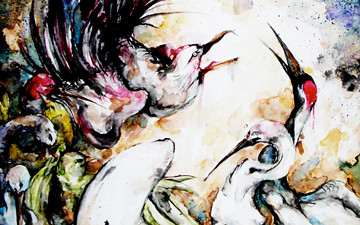
Play: Place on any SPECIES card of FOOCHAIN 2 or higher.
Effect: Any SPECIES card(s) that is the adjacent “diet” of the played card is immediately discarded.

Atlantic Footballfish
Himantolophus groenlandicus


10 POINTS
Play: H. groenlandicus has a MOVE of 2 and can act as a PARASITE on other H. groenlandicus cards in play.
Fact: At maturity, the much smaller male becomes a parasite of the female

Monarch Butterfly
Danaus plexippus

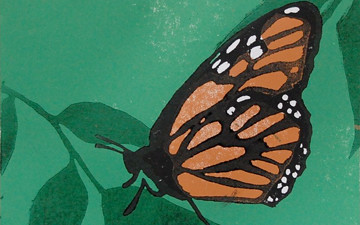
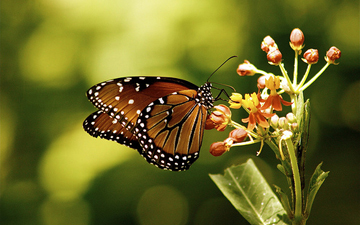
5 POINTS
Play: Danaus plexippus has a MOVE of 2.
Fact: Danaus plexippus is considered a POLLINATOR.

Oil Spill
Event Card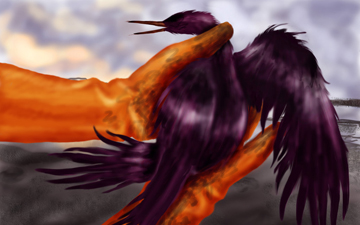
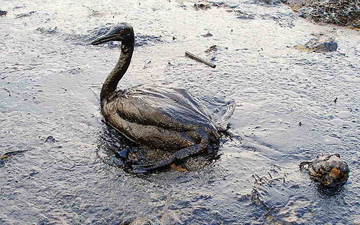
Play: Place this card on any water based SPECIES card
Effect: The played SPECIES card is discarded. All neighbouring species cards still adjacent to the EVENT after 1 turn will also need to be discarded.

Fennec Fox
Vulpes zerda


6 POINTS
Play: Vulpes zerda has a MOVE of 2.
Fact: Families of Vulpes zerda can dig huge underground dens.

European Badger
Meles meles

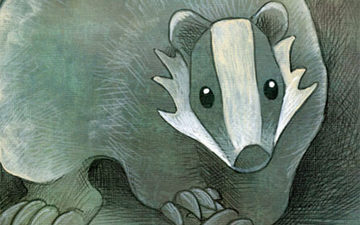
4 POINTS
Play: Meles meles has a MOVE of 2.
Fact: Meles meles can become torpid (a kind of temporary hibernation) for two or so days at a time.